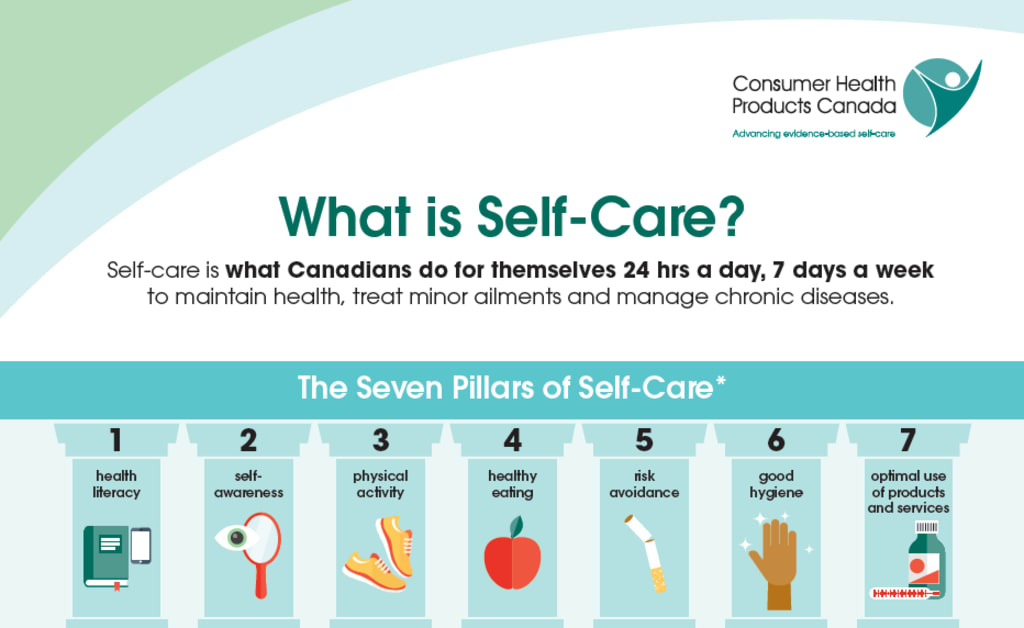"Self-Care Strategies for Maintaining Mental Health in Recovery from Psychological Addiction."
"Practical Tips and Techniques for Prioritizing Your Mental Health and Well-being During Recovery."

Addiction is a serious problem that affects millions of people around the world. Substance abuse is not the only type of addiction that people face. Psychological addiction, also known as behavioral addiction, is a type of addiction that can have serious negative consequences on a person's mental health. Psychological addiction refers to a compulsive behavior that a person engages in despite the negative consequences that it may cause. It can be challenging to overcome psychological addiction, but it is possible with the right strategies and support.
Self-care strategies are critical in maintaining mental health in recovery from psychological addiction. Self-care refers to the activities that a person engages in to take care of their mental, emotional, and physical health. Self-care strategies can help reduce stress, promote relaxation, and improve overall well-being. In this article, we will discuss some self-care strategies that can be useful in maintaining mental health in recovery from psychological addiction.
Get Adequate Sleep
Getting adequate sleep is essential for good mental health. Lack of sleep can cause a variety of mental health problems, including depression, anxiety, and mood swings. It is essential to establish a sleep routine that ensures you get enough sleep every night. This may involve going to bed and waking up at the same time every day. It is also important to create a relaxing sleep environment that promotes sleep, such as a comfortable bed, dark and quiet room, and comfortable temperature.
Exercise Regularly
Exercise is an effective self-care strategy that can help reduce stress and anxiety, promote relaxation, and improve overall well-being. Regular exercise can also boost self-esteem and confidence, which can be particularly helpful in recovery from psychological addiction. Exercise can take many forms, including running, walking, yoga, or strength training. It is important to find an exercise routine that works for you and is sustainable over the long term.
Eat a Balanced Diet
Eating a balanced diet is essential for good mental health. A diet rich in whole foods, fruits, and vegetables can provide the nutrients that the body needs to function properly. Eating a balanced diet can also help regulate mood and reduce the risk of depression and anxiety. It is essential to avoid junk food, sugary drinks, and processed foods, as they can have negative effects on mental health.
Practice Mindfulness
Mindfulness is a self-care strategy that involves being present in the moment and fully engaged in the present experience. Mindfulness can help reduce stress and anxiety and improve overall well-being. It can also help people in recovery from psychological addiction to be more aware of their thoughts, feelings, and behaviors, which can be useful in identifying triggers and avoiding relapse.
Engage in Hobbies and Activities
Engaging in hobbies and activities that bring joy and fulfillment can be an effective self-care strategy in maintaining mental health in recovery from psychological addiction. Hobbies and activities can provide a sense of purpose, increase self-esteem, and reduce stress and anxiety. It is important to find activities that are enjoyable and sustainable over the long term.
Connect with Supportive People
Connecting with supportive people, such as friends, family, and support groups, can be essential in maintaining mental health in recovery from psychological addiction. Supportive people can provide emotional support, practical assistance, and a sense of community. It is essential to find people who are non-judgmental and supportive of your recovery goals.
Practice Self-Compassion
Practicing self-compassion is essential in maintaining mental health in recovery from psychological addiction. Self-compassion involves treating oneself with kindness, understanding, and acceptance, especially during times of difficulty. Self-compassion can help reduce self-criticism, which can be a significant barrier to recovery. It can also help people in recovery to be more resilient and to cope with the challenges that arise during
About the Creator
Abdullah Javaid Khan
Im a Passionate Writer with a talent for crafting compelling stories and insightful commentary. With 2 Years Of experience in the writing industry,i have honed skills across a range of genres,from fiction to facts,journaslism to poetry.






Comments
There are no comments for this story
Be the first to respond and start the conversation.